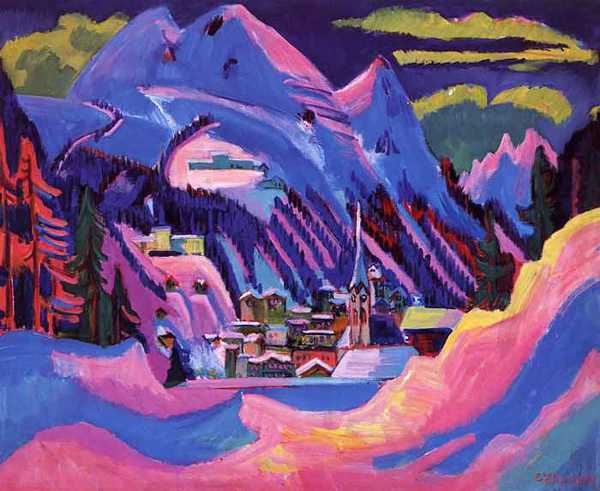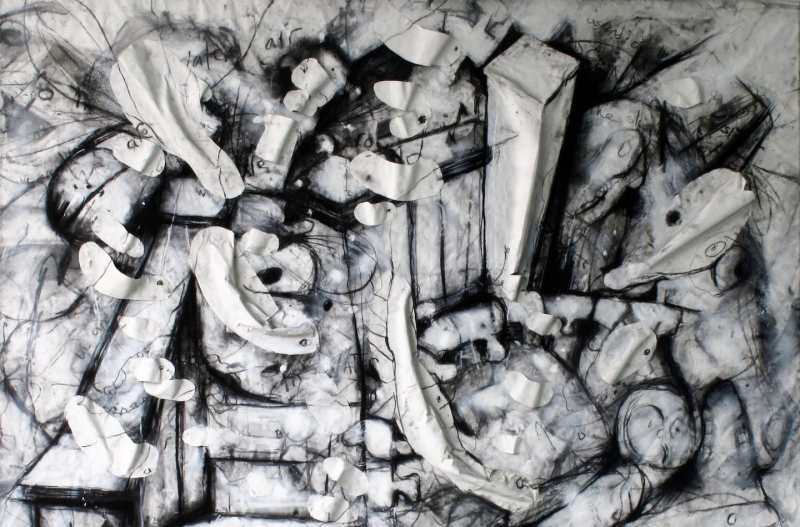Expressionism
Expressionism is a type of modern movement that originated in Mainland Europe around the turn of the 20th century, first in poetry and art. It is characterized by the transparent presentation of the world - purely from a subjective viewpoint -and severely altering it for emotional impact in order to provoke feelings or thoughts. Expressionist painters have strived their best to convey the significance of emotional experience as opposed to physical realities.
The avant-garde style of Expressionism emerged before World War I. During the Weimar Republics, it remained popular, notably in Berlin. Expressionist architectural works, painting, literature, theater, dance, cinema, and music were just a few of the many creative forms that adopted the approach.
The term "Expressionism" itself is sometimes evocative of anxiety and angst. In a historical context, earlier artists such as El Greco and Matthias Grunewald are occasionally referred to as expressionists, despite the fact that this art style is mostly associated with 20th-century paintings.
Michel Ragon (an art historian) and Walter Benjamin (a German philosopher), among others, have compared Expressionism to Baroque. As per Alberto Arbasino, a clear distinction between these two concepts is that "Expressionism never shies away from violently disagreeable effects, while Baroque does." In essence, Expressionism has some "fuck yous" vibes, while Baroque style is much more refined.
Emergence: 20th century
Outstanding artists: Vincent van Gogh, Francis Bacon, Wassily Kandinsky, Wolfgang Neumann








